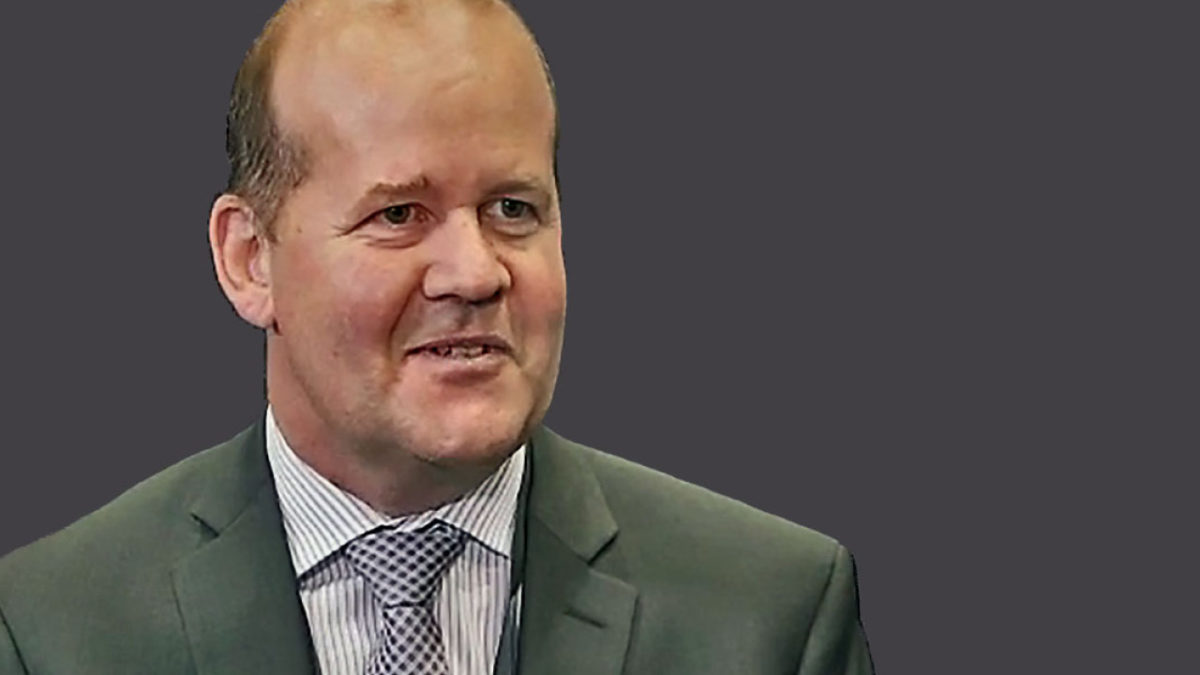Strong retail flows recovery set to continue
Fund managers have enjoyed a strong bounce in fund flows, according to Morningstar data, and these flows are continuing in the first quarter of the year.
In a webinar for clients last week (February 23), Grant Kennaway, Morningstar’s Melbourne-based director of research, said that while 2020 had been a difficult year for fund managers, it at least ended on a positive note. And the recovery was continuing in the first quarter.
The December quarter showed a positive net inflow of $5.9 billion for all Australian funds in the Morningstar universe, after three quarters of decline. The outflows totalling $14 billion in the June quarter were a record.
Multi-sector funds performed well last quarter, after being hardest hit for the first three-quarters of last year. Multi-sector funds are the biggest beneficiaries of super money and there the most impacted by the Government’s early release scheme last year.
In the recovery phase, the recipients of the biggest inflows among multi-sector or multi-asset funds were industry funds AustralianSuper, Cbus and REST. About 80 per cent of all Australian funds had positive flows during the quarter. Passive funds have proven more resilient than active to fund ebbs and flows.
Across all funds and sectors annually, fixed income funds were in the only asset class to show positive flows for the last 12 months, with Australian equities, international equities and multi-sector funds all negative despite the good December quarter. There was an inflow of $19 billion into cash during the first quarter of last year, which had been mostly “put to work” throughout the year.
The most interesting development in the total figures, according to Kennaway, was the performance of ESG-focused funds. This database, which incorporates NZ sustainable funds, showed a record inflow of $4 billion in the December quarter. ESG funds had had steady increases in fund flows since 2017.
Kennaway, said the obvious reasons included things such as Australia’s bushfires in 2019, people in general being concerned about the extraction and use of fossil fuels and then the pandemic. “Advisers report a lot of engagement from clients on sustainability,” he said.
The increased interest has also prompted a spurt in ESG fund launches, which had been quite since 2015, when Morningstar started focusing more on the sustainable funds trend. Last year there were even “a couple of impact fund launches”, from Regnan, the Pendal-owned institutional governance advisory firm. Impact funds, such as certain bonds being issued by state governments in Australia, are considered the pinnacle of active ESG management, focusing on making a difference to society with particular projects targeting positive outcomes.
With the ESG funds for Australia and NZ, passive flows had been stronger than for active funds since 2018, Kennaway said. In terms of the tom 10 ESG funds for market shares, as at December 31, three of the top four were passive or smart-beta providers – Vanguard, BetaShares and Dimensional Fund Advisors.
The top 10 for market share were: Vanguard (20 per cent), Australian Ethical (20 per cent), BetaShares (7.6 per cent), Dimensional (5.4 per cent), First Sentier (5.3 per cent), Russell Investments (4.3 per cent), AMP Capital (3.4 per cent) Simplicity Investment Funds of NZ (3.3 per cent), Mercer Australia (3.3 per cent and Perpetual Investments (2.8 per cent). Simplicity is a not-for-profit fund manager owned by a charitable trust.
Kennaway said that climate change was the main subject driving the ESG growth. Anecdotally, this had been driven by younger investors who particularly wanted to avoid fossil fuels.
He said that the increasing number of ESG funds meant that there were more opportunities for researchers and model portfolios. For its part, Morningstar was continuing to increase its research coverage and also planned to launch some ESG model portfolios.











